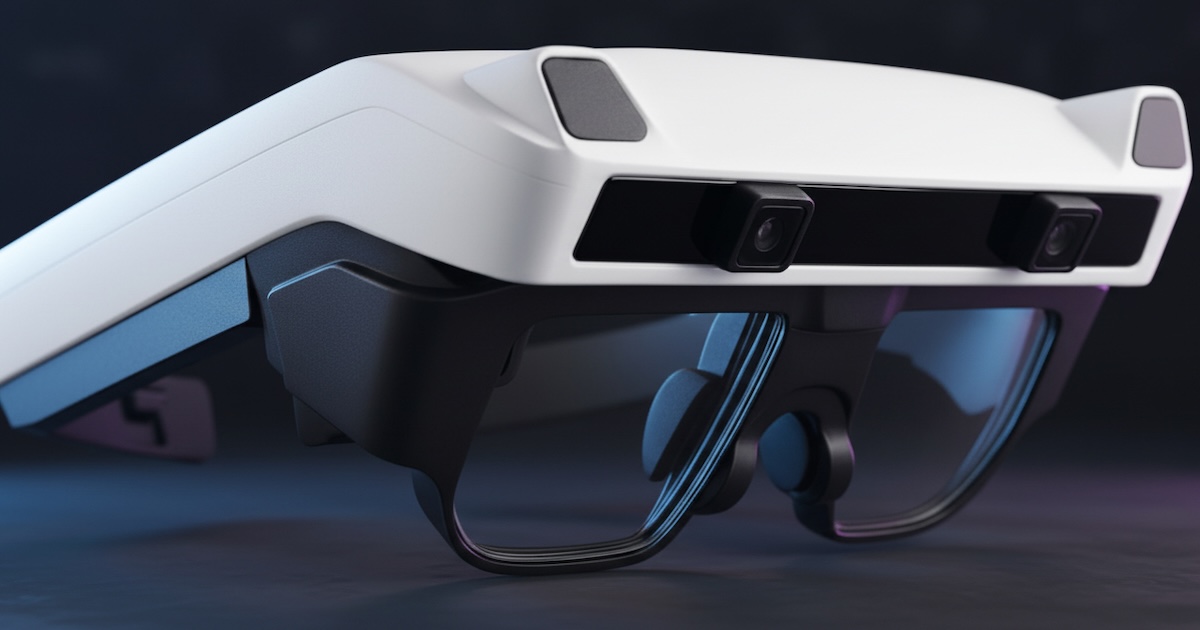Consumers are more than happy to keep track of their own vital signs — but few are actually doing it outside the doctor's office and many don't even know what vital signs they should be tracking.
That's according to a new study by one of the world's leaders in personal health monitoring, France-based Withings, which points to a disconnect in healthcare between the growth of consumer health devices and the interest from healthcare providers to take those devices seriously. Many doctors say they don't want to be inundated with data from fitness bands, smart watches and other devices because that information isn't helping them take care of their patients. And consumers aren't all that interested, either; a recent survey from IDC Health Insights indicates one out of every three consumers stops using his or her fitness or activity tracker after a while.
But the Withings survey also indicates these devices could prove beneficial to the doctor-patient relationship if both sides worked together to focus on the right data.
According to the survey, 82 percent of Americans think tracking vital signs at home is important, but in practice many watch just one, such as BMI or body temperature, and very few are serious about doing so. One reason may be that they need an incentive: 75 percent of those surveyed said they'd check vitals if it helped them save money on insurance premiums.
The study also revealed that many Americans don't know what they should be tracking. When asked to identify specific vital signs, survey respondents correctly chose the following:
- 49 percent – blood pressure
- 28.3 percent – pulse
- 22.4 percent – BMI
- 21.8 percent – blood sugar
- 20.9 percent – cholesterol level
- 12.4 percent – body temperature
- 8.8 percent – respiratory rate
- 7.8 percent – blood oxygen saturation
Half of those surveyed don't own any devices to track their vital signs, according to Withings officials, but they would do so if given the equipment. Again, the point being made is that consumers need to be incentivized to track their vitals.
Withings reports that the most common at-home diagnostic equipment are, in order, thermometers, blood pressure monitors, pulsometers, blood sugar readers, BMI calculators and blood oxygen monitors. And the vital signs most often monitored are as follows:
- 59 percent – body temperature
- 45.7 percent – blood pressure
- 37.7 percent – pulse
- 18.2 percent – BMI
- 16.8 percent – blood sugar
- 7.5 percent – respiratory rate
- 2.9 percent – blood oxygen
- 2.2 percent – cholesterol level
Given the high rates of diabetes, obesity and high blood pressure (among other chronic conditions) in the United States, those figures are disconcertingly low.
Withings officials added that the disconnect between home and the doctor's office can be overcome if consumers are motivated to check their vitals (and know what vitals to check).
"It's heartening to see that so many more would pay closer attention to their health if they had the right tools," Withings chief marketing officer Julien de Préaumont said in a press release. "These tools can help those suffering from chronic conditions like high blood pressure, diabetes and asthma take control and inspire healthier decisions."
Whether consumers will use those tools — either from Withings or any number of other mHealth vendors on the market — remains to be seen.


